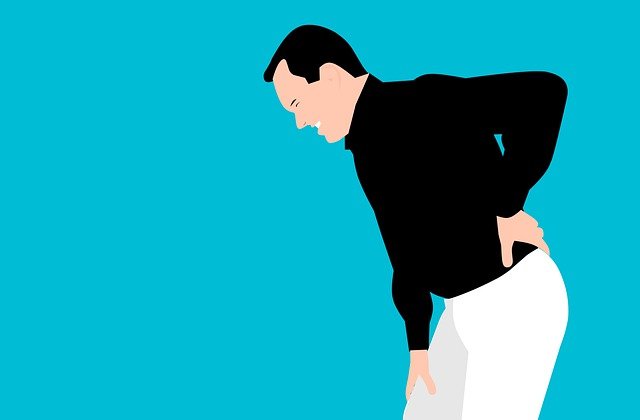1st June 2021

Health Data Research UK, the Medical Research Council and Versus Arthritis have announced a new project to advance essential research into chronic pain.
The project, called the Alleviate Hub, will bring together chronic pain data into one place.
Researchers will be able to apply to use this data to help address complex questions about chronic pain, diagnosis, treatment and, to ultimately, improve the physical and mental wellbeing of those living with chronic pain.
TwinsUK scientist and pain researcher Professor Frances Williams is a co-investigator on this project, which is led by the University of Dundee.
The challenge
Chronic pain is a major unmet global public health challenge that causes significant disability through conditions such as fibromyalgia, back pain, headaches and migraines.
It is also a debilitating feature of long-term conditions including arthritis, cancer and dementia.
To help address this challenge and improve the lives of people affected by pain conditions, better understanding of the mechanisms of pain and improved treatments are needed.
The project
The Alleviate Hub will maximise the value of chronic pain data from diverse sources, making the data Findable, Accessible, Interoperable and Reusable (‘FAIR’) for researchers and innovators to discover and request access to via the Health Data Research Innovation Gateway – a common entry point to discover and request access to an array of UK health-related datasets.
The team of researchers will deliver world class health data infrastructure and services for pain research, guided by leading experts in pain research and in partnership with the NHS, Advanced Pain Discovery Platform consortia, people with lived experience of chronic pain, and industry.
Professor Frances Williams said:
“Chronic pain has a major impact on quality of life, and the condition is currently very challenging to treat. We hope that by making chronic pain data available in one place, we will be able to accelerate research into the condition and enable the development of effective treatments sooner for patients.”






